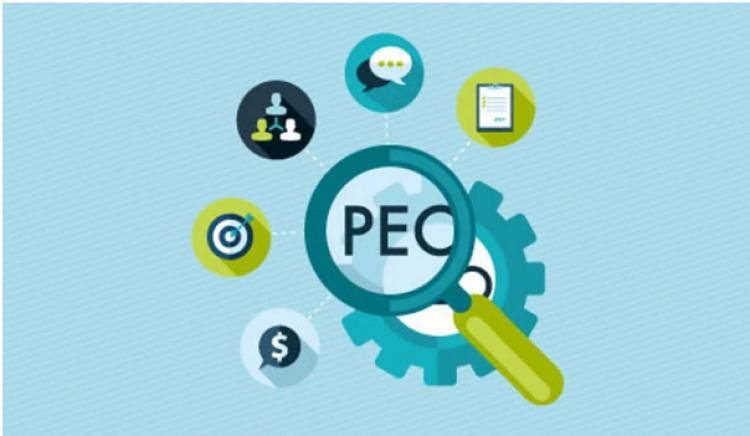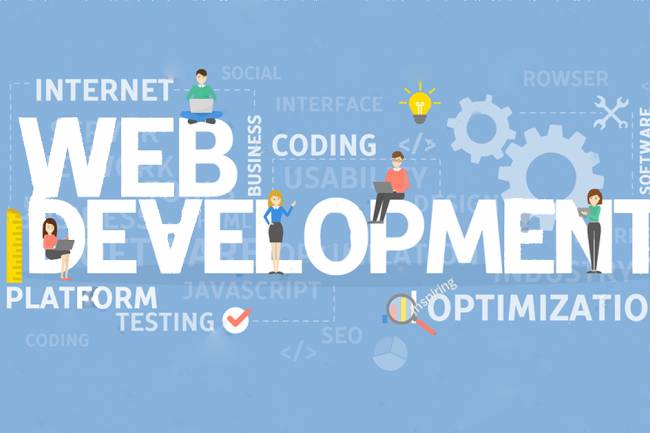
Demystifying PEOs - What Every Business Owner Should Know
When it comes to reducing HR risk and creating operational savings, Professional Employer Organizations (PEOs) are a proven solution. Yet, many business owners have questions about the PEO process.
PEOs keep their finger on the pulse of dynamic labor laws, tax regulations, and employment standards. They reduce business’s exposure to costly fines and liability.
Reduced Turnover
Managing a business can be a daunting task. There is a lot of paperwork to file, insurance to purchase, and labor laws to learn. PEOs are experts in these areas and can save you significant time.
A recent National Association of Professional Employer Organizations study found that small businesses that work with a PEO grow seven percent to nine percent faster than those that don’t. They also have lower turnover and are 50 percent less likely to go out of business.
Depending on your company’s needs, a PEO can provide you with payroll compliance and tax processing, employee benefits, HR support, workers’ comp, time and attendance, and consulting services. Most PEOs will charge either a flat rate per employee or a percentage of payroll. Compare these prices to the cost of hiring a team of employees to manage these functions in-house before deciding whether or not a PEO is right for your business.
Streamlined HR
So, what is a PEO? Professional employer organizations can help small businesses streamline their HR functions, which means less paperwork and hassle for the business owner. For instance, PEOs can provide a single point of contact for all HR issues.
They also use their buying power to secure more affordable policies than a small business could find, particularly for workers' compensation insurance, health insurance, and retirement savings such as 401ks. The PEO will then assist the company with yearly open enrollment, onboarding and offboarding of employees, and other services related to employee benefits administration.
In addition to these streamlined HR services, many PEOs offer training programs that can be used by the business to support its workforce development initiatives. They can also provide tools for tracking performance, conducting performance reviews, and developing a more robust safety program. This can be a significant benefit to a smaller company with limited resources.
Reduced Benefits Costs
Hiring employees can be a huge undertaking, especially for small business owners. Administrative tasks must be managed, such as navigating ever-changing employment regulations, filing payroll taxes, and keeping workers’ compensation insurance coverage up to date. When a PEO handles all this, the client company can focus on the bigger picture and grow their business.
One of the most significant advantages of a PEO is that they can negotiate lower rates for their clients’ health insurance plans due to their large employee count. They can also offer a more comprehensive array of employee benefits, such as pet insurance, discount programs, and wellness initiatives that may help attract and retain top talent.
In addition, a PEO can help its clients reduce risk and avoid costly penalties by offering advice on workplace safety and regulatory compliance. They can even help their clients to develop a robust onboarding process and clarify performance expectations. Many employers can benefit from this added support. However, carefully evaluate the PEO’s pricing structure and personal access to their team before signing a contract.
Increased Employee Satisfaction
A satisfied employee is essential, as they are more likely to stay on the job and be productive. PEOs can help companies improve employee satisfaction by providing services that support employees’ needs. They can also assist with identifying and communicating company policies through employee handbooks and training programs.
Lastly, PEOs can offer access to healthcare and retirement plans that are often more cost-effective than individual insurance plans, which can help small businesses compete with larger employers for talent. They also assist with legal compliance, including tax structure changes, workers’ compensation rules, and safety regulations.
Many small businesses are inundated with payroll-related paperwork and may need more time to manage it. PEOs can save time and money by handling all of this for them and helping them avoid costly mistakes that would otherwise result in fines or lawsuits. They also offer various HR services, such as managing employee records, calculating vacation and sick leave accruals, and coordinating with benefits providers. This can give you the peace of mind to focus on your core business.
Improved Compliance
Compliance is critical whether you’re a small business owner or a large enterprise. It’s a complex area that must keep up with the latest legislation and risk management. A PEO will have the expertise to help with these tasks and provide guidance for navigating changes.
Considering how often employment laws change, having the peace of mind that you’re always up to date can be invaluable. Due to its buying power, A PEO may save you money on workers’ compensation and health insurance.
Whether you have an in-house HR department or not, a PEO can be helpful for any company looking to streamline its HR functions and gain better insight into employee issues. However, when choosing a PEO, it’s essential to determine how much-personalized attention and service your company will receive. Many PEOs are large companies that serve thousands of businesses, so there’s a chance your business could get lost in the shuffle. Ensure the client agreement clearly states what each party’s responsibilities are. Also, ask about the types of benefit offerings a PEO provides its customers and how they compare to what you might offer your employees.











